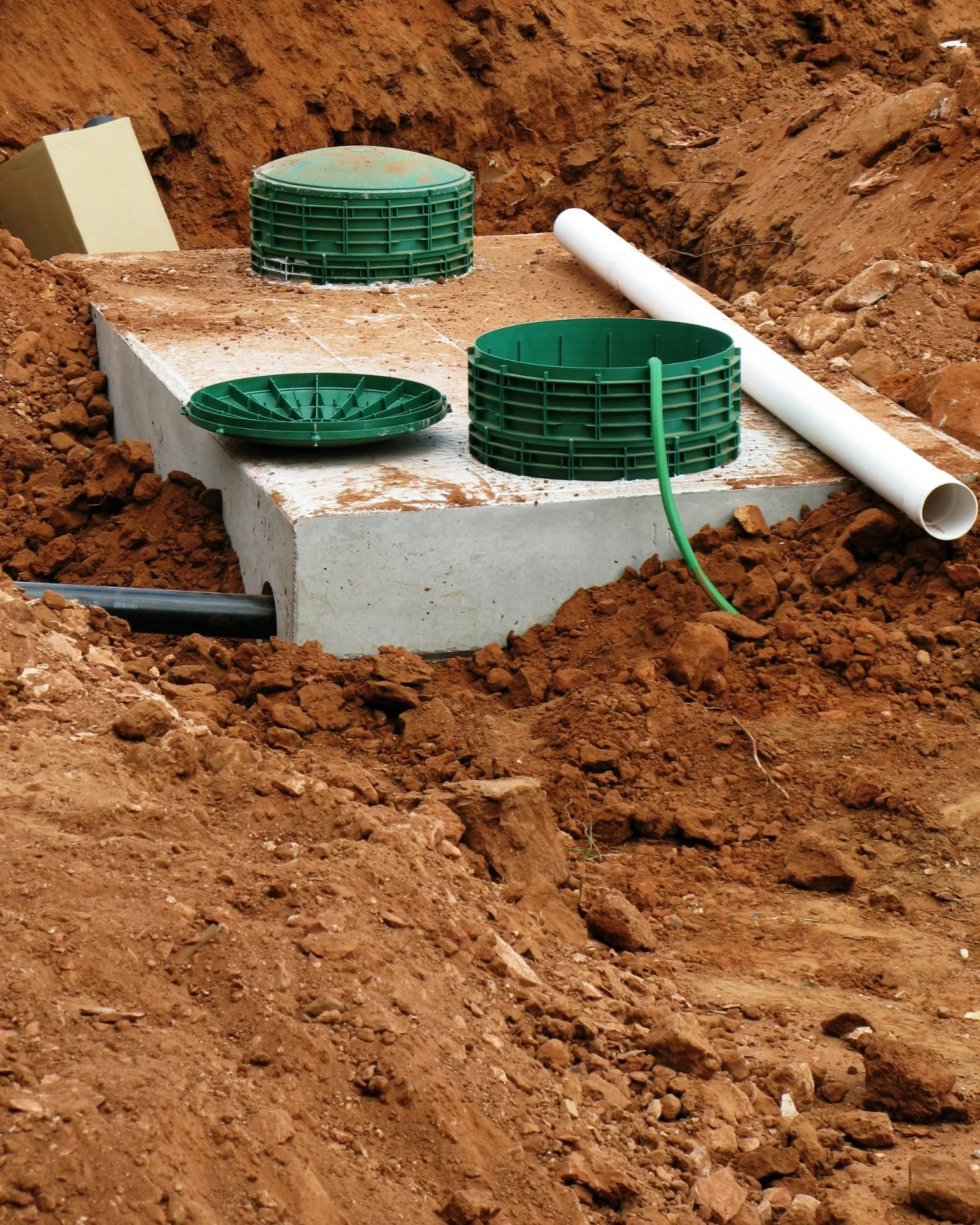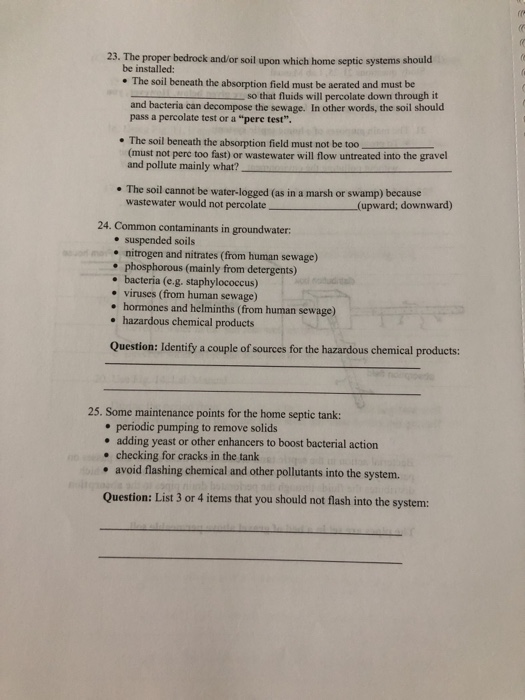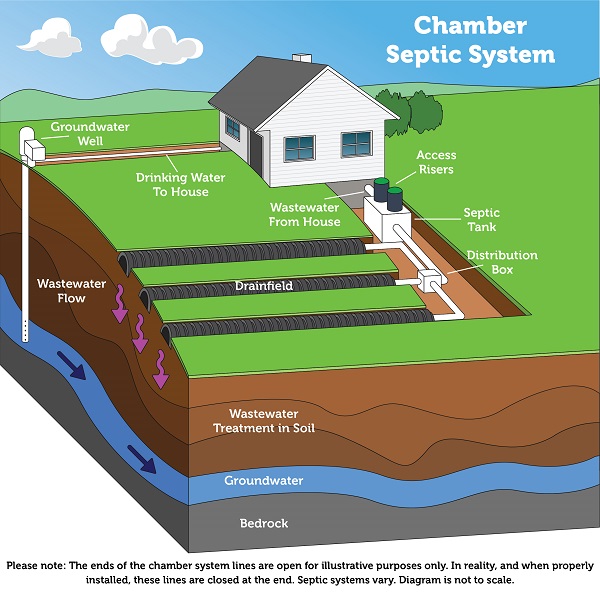5 Questions to Ask Before Septic Installation

When planning to install a septic system, asking the right questions can save you time, money, and future headaches. This article will guide you through the five essential questions to consider before proceeding with septic installation. We’ll also provide helpful tables, lists, and FAQs to make the information clear and actionable.
1. What Type of Septic System Is Best for My Property?

Choosing the right septic system depends on your property’s size, soil type, and local regulations. Common types include conventional gravity systems, aerobic treatment units, and mound systems. Understanding these options helps ensure efficient wastewater treatment and compliance with environmental standards.
| Septic System Type | Description | Best For |
|---|---|---|
| Conventional Gravity | Uses natural gravity flow to treat wastewater | Properties with suitable soil |
| Aerobic Treatment Unit | Adds oxygen to speed up treatment | Areas with high water tables |
| Mound System | Raised system for poor soil conditions | Sites with shallow or rocky soil |
2. What Are the Local Regulations and Permits Required?

Septic installation is regulated by local health departments and environmental agencies. Knowing the permits needed and the approval process can prevent legal issues and delays. Always check zoning laws, setback requirements, and inspection schedules.
3. How Much Will the Installation Cost?

Costs vary based on system type, property size, and labor. Request detailed quotes from multiple contractors and inquire about potential additional expenses like soil testing or maintenance plans.
4. What Maintenance Is Required After Installation?
Regular maintenance extends the life of your septic system. Ask about pumping frequency, inspection routines, and signs of system failure to watch for.
5. How Long Will the Installation Take?
Understanding the timeline helps you plan accordingly. Installation duration depends on system complexity, weather conditions, and contractor availability.
Additional Tips for Writing Your Blog Article
- Use tables to compare septic system types and costs.
- Include lists to outline maintenance steps and permit requirements.
- Add a FAQ section addressing common concerns like troubleshooting and environmental impact.
- Incorporate relevant keywords such as “septic system installation,” “septic maintenance,” and “septic permits” to improve SEO.
- Write in clear, engaging language to keep readers interested.
FAQ
Q: How often should I have my septic tank pumped?
A: Typically every 3-5 years, depending on usage and tank size.
Q: Can I install a septic system myself?
A: It’s recommended to hire licensed professionals to ensure compliance and safety.
Q: What happens if my septic system fails?
A: Failure can lead to costly repairs and environmental hazards; prompt maintenance is crucial.
By addressing these questions thoroughly, your blog article will provide valuable guidance to homeowners considering septic installation, enhancing both user experience and search engine visibility.
